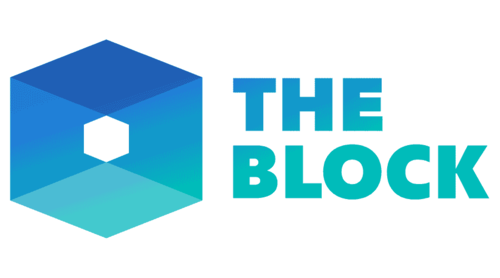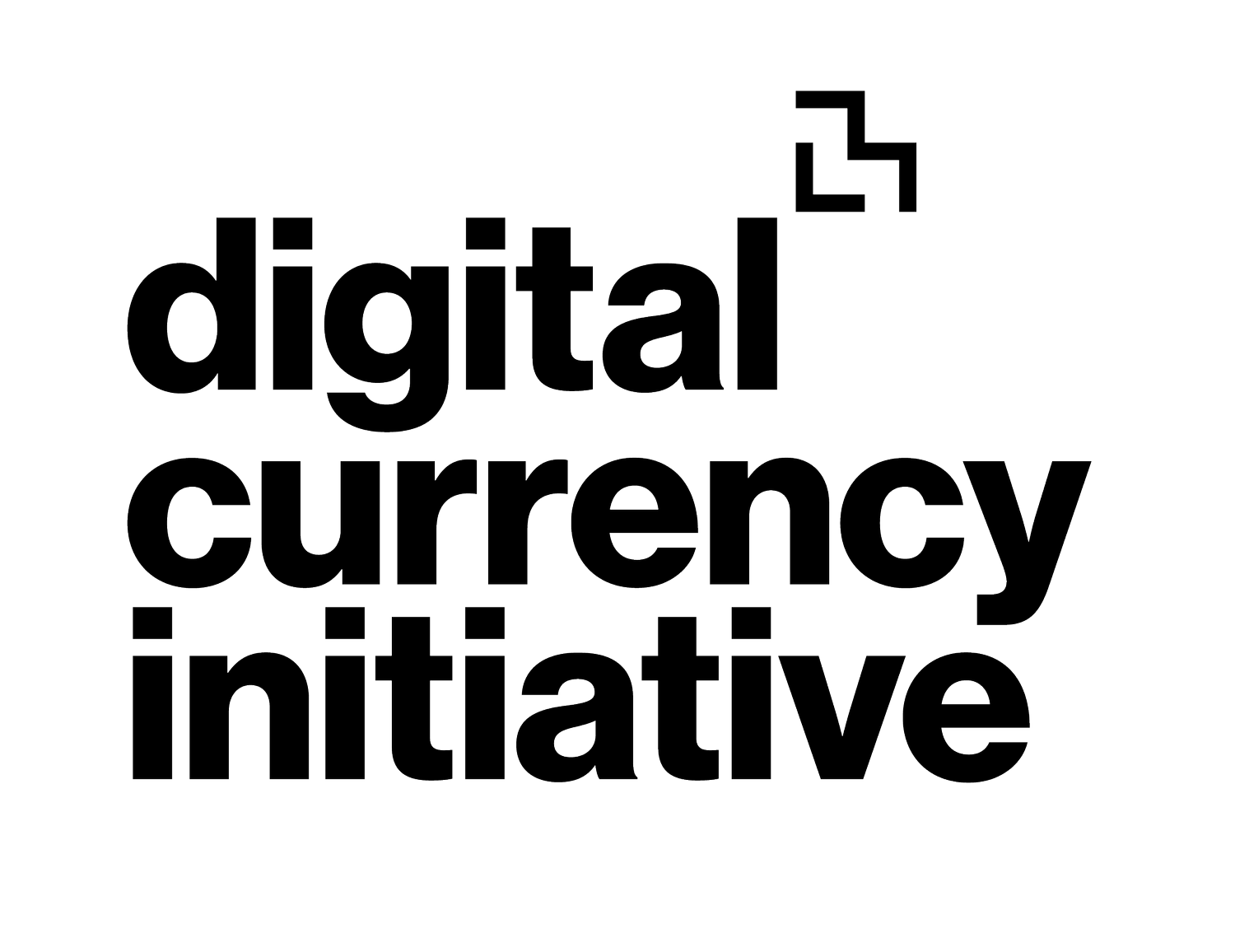
"Still Getting Your Head Around Digital Currency? So Are Central Bankers." Talks with DCI's Neha Narula
If you are trying to grasp Bitcoin and understand what China’s digital yuan means, America’s Federal Reserve is right there with you.
America’s Federal Reserve says it is in no rush to issue a digital currency, but it is coming under intense and increasing pressure to research and understand the design and potential of digital money.

Market Watch's Chris Matthews presents "What a Fed-backed digital dollar means for the crypto revolution"
Chamber of Digital Commerce's Perianne Boring and Neha Narula of MIT Media Lab explain central-bank digital currencies and what their emergence means for crypto and fiat money.

"What is the Future of Money?" for Bloomberg Quint featuring Neha Narula
Neha Narula was interviewed for Bloomberg Quint on “What is the Future of Money?”. View the video below and read the full interview here

Forbes Names Papers by DCI's Madars Virza and Tadge Dryja as "Satoshi & Company: The 10 Most Important Scientific White Papers In Development Of Cryptocurrencies"
In an article by Forbes’s Nina Bambysheva on February 13th, 2021, Madars Virza’s paper “Zerocash: Decentralized Anonymous Payments from Bitcoin” and Tadge Dryja’s “The Bitcoin Lightning Network: Scalable Off-Chain Instant Payments” were named as one of “The 10 Most Important Scientific White Papers In Development Of Cryptocurrencies.

CNBC's "Why Central Banks Want To Get Into Digital Currencies" features an interview with DCI's Neha Narula
Intense interest in cryptocurrencies, like bitcoin, and the Covid-19 pandemic have sparked debate among central banks on whether they should issue digital currencies of their own. Advocates argue that central bank digital currencies, or CBDCs, can make cross-border transactions easier, promote financial inclusion, and provide payment system stability. Here's how central bank digital currencies could become the future of digital finance.

Coindesk: "New MIT Paper Roundly Rejects Blockchain Voting as Solution to Election Woes"
A new report from MIT, however, strongly argues against the idea of blockchain-based e-voting, largely on the basis that it will increase cybersecurity vulnerabilities that already exist, it fails meet the unique needs of voting in political elections and it adds more issues than it fixes.

"A Fed digital currency looks inevitable. So do the problems" — American Banker's Podcast interviewing Neha Narula
By Hannah Lang November 4, 2020 9:30 PM
In American Banker’s weekly podcast “Bank Shot”, Neha Narula was interviewed by Hannah Lang on Central Bank Digital Currency (CBDC).

Tadge Dryja on "Fundamental Differences between Bitcoin and Ethereum" for What Bitcoin Did
DCI’s Tadge took part in an episode of “What Bitcoin Did" with host, Peter McCormick, discussing the fundamental and technical differences between Bitcoin and Ethereum, scalability and use cases.

Neha Narula took part in "Will Digital Dollar Stablecoins & CBDC Co-Exist?" hosted by The Circle's "The Money Movement" Series
On this week's Money Movement we're joined by Visa's Head of Crypto, Cuy Sheffield; Neha Narula, the Director of MIT's Digital Currency Initiative, an institute leading research and development in crypto, digital currency and now CBDC models; and Robert Bench, AVP at the Federal Reserve Bank in Boston, and a key contributor and collaborator on the future of digital currency with the Federal Reserve.

Calvin Kim is awarded for his role as an Utreexo Collaborator: "BitMex awards its last developer grant to a Bitcoin scalability solution from MIT"
BitMex's 100x Group has awarded its last Bitcoin development grant of the year. The company has awarded a grant valued at $40,000 to Calvin Kim for his Bitcoin scalability solution, Utreexo — a project originally created by Tadge Dryja from the MIT Digital Currency Initiative.

"Brainard Says Fed Is Conducting E-Money Tests for Research" covered by Craig Torres of Bloomberg
The Federal Reserve is conducting experiments with a hypothetical digital dollar for research purposes, though it hasn’t yet committed to issuance that would require a formal policy process involving the government and other stakeholders, Governor Lael Brainard said Thursday.
In addition to the Fed’s own internal work, research teams from the Boston Fed and Massachusetts Institute of Technology are engaged in a “multi-year effort to build and test a hypothetical digital currency oriented to central bank uses,” she said…

The Boston Herald interviews Jim Cunha for "Boston Fed Bank explores cryptocurrency with MIT"
The Boston Fed is toying with a digital dollar.
The Hub’s Federal Reserve Bank is teaming up with the Massachusetts Institute of Technology to study the blockchain technology that enables cryptocurrency to be traded. And, based on the latest figures, the currency is red hot.

"The Federal Reserve Is Experimenting With a Digital Dollar" reports Nikhelish De of Coindesk
The U.S. Federal Reserve is actively investigating distributed ledger technologies and how they might be used for digitizing the dollar.
Federal Reserve Board Governor Lael Brainard said the U.S. central bank has been testing DLT over the past several years to study what a digital currency might do to the existing payments ecosystem, monetary policy, financial stability and the banking sector.
“With these important issues in mind, the Federal Reserve is active in conducting research and experimentation related to distributed ledger technologies and the potential use cases for digital currencies,” Brainard said Thursday at the Federal Reserve Bank of San Francisco’s Innovation Office Hours…

"Boston’s Federal Reserve Bank and MIT to Tackle Digital Currency Research" by Cointelegraph
The Federal Reserve Bank of Boston has entered into a partnership with the Massachusetts Institute of Technology to better understand the concept of digital currencies.
The bank will work with MIT researchers on a multiyear project to develop and test the use cases of a “hypothetical” central bank digital currency (CBDC), said Fed Governor Lael Brainard during her speech at the Federal Reserve Bank of San Francisco.

"Boston Fed, MIT partner on central bank digital currency research project" by Mike McSweeney for The Block
The Federal Reserve Bank of Boston and the Massachusetts Institute of Technology are partnering on a research effort focused on central bank digital currencies (CBDC).
Federal Reserve governor Lael Brainard spoke about the initiative during an appearance Thursday. In her remarks, Brainard touched on a variety of points around the subject of CBDC and then highlighted the work between the Boston Fed and MIT. Notably, Brainard said that any code developed as part of the initiative would be made public "for anyone to use for experimentation."

"MIT Lightning Creator Unveils First ‘Demonstration’ of Bitcoin Scaling Tech" by Coindesk discussing Utreexo
An article by Alyssa Hertig published on July 28th, 2020. coindesk.com
“The infrastructure propping up Bitcoin might become easier for anyone to spin up and run.
Lightning creator Tadge Dryja has been working on a new design for a lighter weight Bitcoin full node, about which he first wrote a paper in 2019. Last week, he and a team of coders released a first version of the Utreexo software as a part of MIT Digital Currency Initiative (DCI), putting the idea of lighter nodes into working code.

Cointelegraph covers James Lovejoy's Presentation at CESC 20': "MIT Crypto Group Researcher Says PoW Attacks Not Always Obvious"
DCI James Lovejoy and Gert-Jaap Glasbergen presented during this past weeks Crypto Economic Security Conference: Unitize Online Event July 6-10th, 2020. Their Proof-of-Work presentation combines Gert-Jaap’s work on Pool Detective and James’s work on 51% Attacks.

Bitcoin Magazine Netherlands Podcast: Gert-Jaap Glasbergen was interviewed on the new security project "Pool Detective"
Gert-Jaap was interviewed by Bitcoin Magazine NL about the new security project “Pool Detective”. Listen to the full podcast to learn more. Podcast is in Dutch.

"What actually happens during a bitcoin halving? Technically speaking, not much", The Block Interviews DCI's Tadge Dryja
Quick Take
Bitcoin’s third-ever block halving is set to take place next month
But from a network perspective, what exactly happens?
The cryptocurrency world is abuzz with speculation about the potential impact of next month's bitcoin halving, when for the third time in the network's history, the reward for mining a block will be divided by two.

MIT Technology Review Discusses Central Bank Panel from MIT Bitcoin Expo, which included DCI's Rob Ali
For central bankers, the game changed last summer when Facebook unveiled its proposal for Libra. Many have responded by seriously exploring whether and how they should issue their own digital money.
